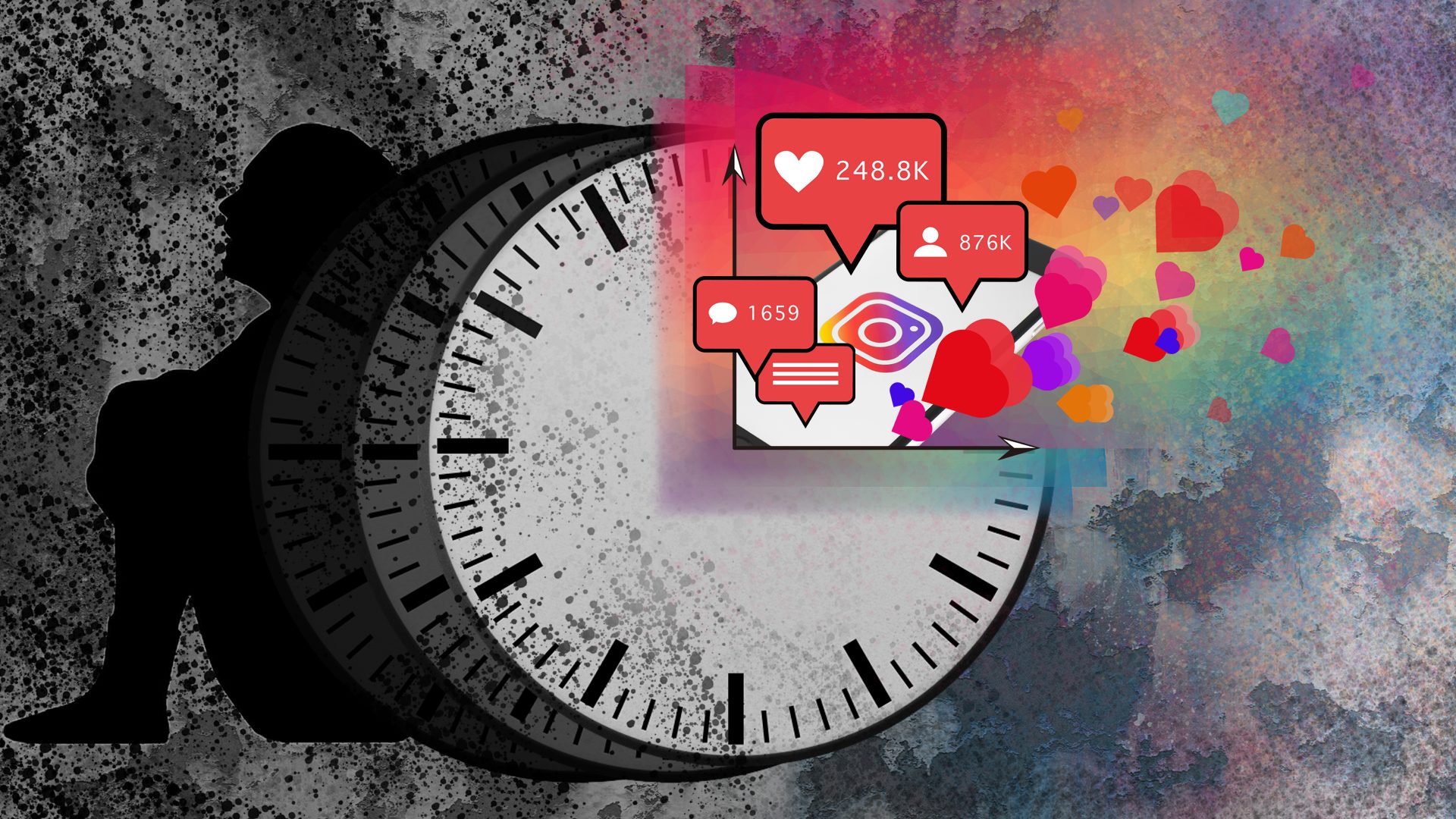Hype Simulator is the new app giving everyday folk a taste of social media virality akin to that of super influencers like Kylie Jenner and Dixie D’Amelio. Should we be concerned?
Everyone has wondered at some stage what it would be like to become an internet sensation overnight while trawling through Instagram or TikTok. Earning millions of devoted followers is a modern fascination, particularly as far as Gen Zers are concerned.
We all have the odd post that bangs on our timelines and gets us a few shares or likes, but the prospect of being hit with thousands of comments and DMs every day is totally alien to most of us.
It may not be an unattainable pipe dream for much longer, however, thanks to a new app called ‘Hype Simulator’ that artificially transforms your social media profile into a mega influencer juggernaut – for all of 15 minutes, at least.
https://twitter.com/strangersdraco/status/1334642723777773568
What is Hype Simulator?
Giving people a brief taste of the life of a social media celeb and the influx of notifications they’re accustomed to 24/7, Hype Simulator – currently ranked 7th on Apple’s Photo & Video charts – creates a mock version of your personal account on either TikTok or Instagram and transforms it into an absolute clout machine.
Within seconds of signing up on the app, follower notifications start to pour in along with an overwhelming number of private messages, proclaiming things like ‘I’m your biggest fan,’ or ironically asking what you’d be doing if you weren’t famous.
Obviously, there are no real-life users behind the follower count, which becomes painfully obvious when you actually reply to your new entourage, triggering generic responses like, ‘I can’t believe you answered,’ or ‘I can’t even!’
Around the five-minute mark you’ll hit 100k followers, which will prompt the much-coveted blue tick verification next to your name, but those who partake will only have 10 minutes to marvel at it before the cut-off period. From here, the only option (bar living your actual life) is to hit restart and again choose from the dystopian ‘celebrity’ or ‘going viral’ simulations on offer.
@oh..its.emma #hypesimulator #fyp y’all have got to try this it’s kinda scary




















